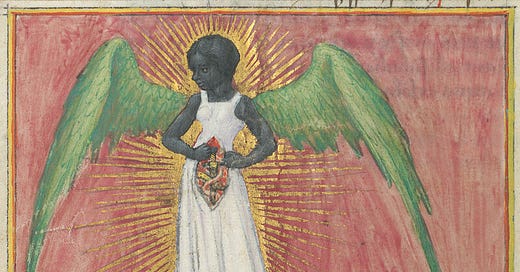I want to end our slow read of Paulo Coelho’s The Witch of Portobello with a look at a well-known verse from Luke 11:33:
"No man, when he hath lighted a candle, putteth it in a secret place, neither under a bushel, but on a candlestick, that they which come in may see the light."
This verse is more than an opening line to Paulo’s novel —it’s a thematic compass that guides the reader through the spiritual and emotional journey of Sherine Khalil, the novel’s protagonist, who renames herself Athena. It also sums up the personal journey that Paulo has led us through during the last 10 months in our Read-A-Long.
At the core of the narrative is her transformation and the light she spreads in the lives of those around her. However, the concept of alterity—the philosophical term for "otherness"—adds depth and meaning to Athena’s evolution, allowing Paulo to delve into profound questions of identity, self-perception, and spiritual awakening.
What Is Alterity?
Keep reading with a 7-day free trial
Subscribe to The Paulo Coelho Read Along to keep reading this post and get 7 days of free access to the full post archives.





